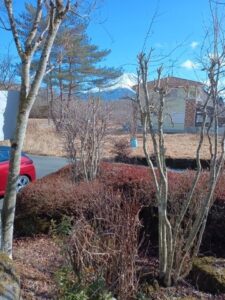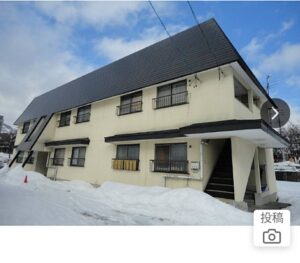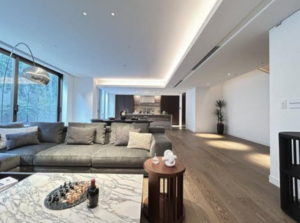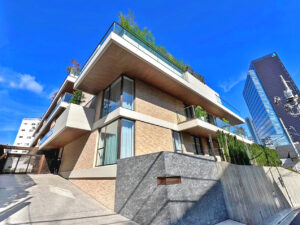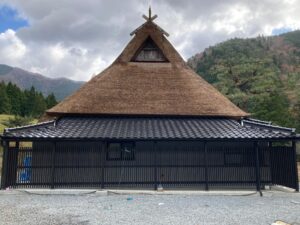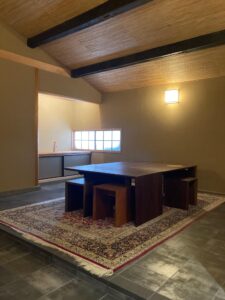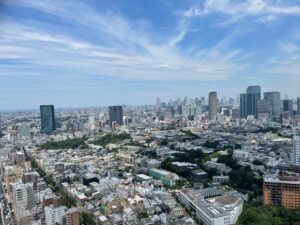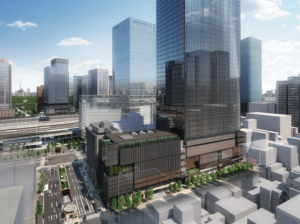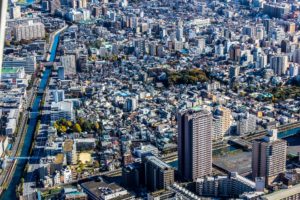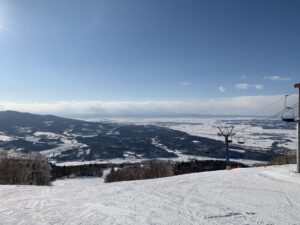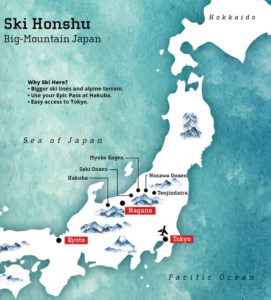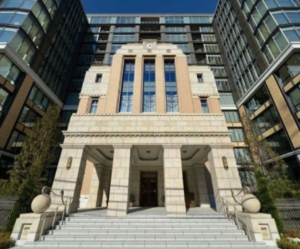
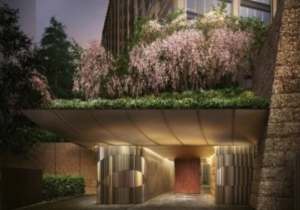
***These two properties have been sold***
Exclusive Off-Market Luxury Residence in Tokyo: Mita Garden Hills (Park Mansion)
A Rare Opportunity in Tokyo’s Most Prestigious Residential Development
Tokyo’s real estate market continues to attract discerning investors, and Mita Garden Hills (Park Mansion) stands out as one of the most highly anticipated luxury developments in central Tokyo. Jointly developed by Mitsui Fudosan Group and Mitsubishi Estate Group, this project marks the first large-scale collaboration between these two real estate giants in central Tokyo since Hiroo Garden Hills, 38 years ago.
With its historic prestige, ultra-luxurious amenities, and prime Minato-ku location, Mita Garden Hills presents a unique opportunity for those seeking an exclusive freehold residence in the heart of Tokyo.
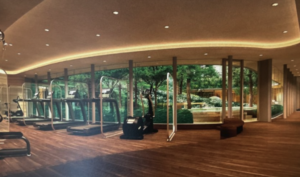
About Mita Garden Hills – A Legacy of Prestige
Mita Garden Hills is built on a 25,000㎡ site that was formerly home to the Ministry of Communications’ Postal Insurance Bureau. The site, located in Mita, Minato-ku, was historically known as Tsunamachi, an elite residential district for Edo-period feudal lords and Meiji-era aristocrats.
The land itself carries a deep legacy, having been the residence of Arima Nakatsukasa Daibu during the Edo period. Nearby estates belonged to the Matsudaira, Oda, and Tokugawa clans, and in later years, the Hachisuka, Kuroda, and Matsukata marquis families made this area their home.

